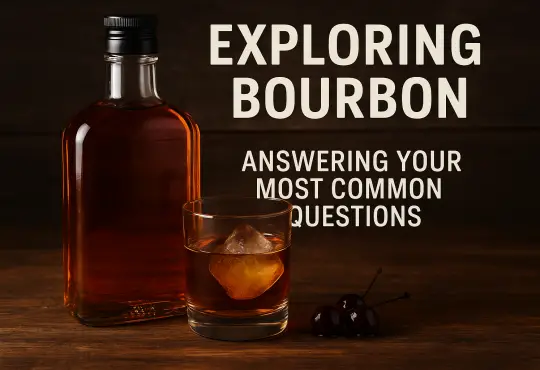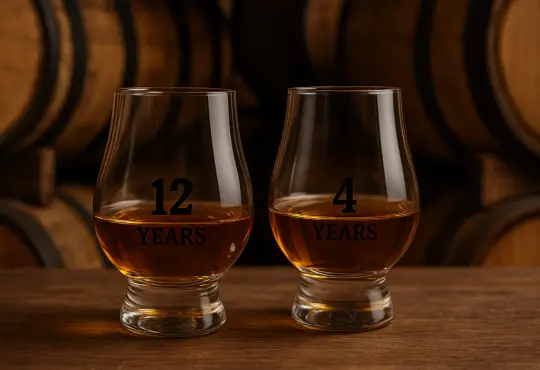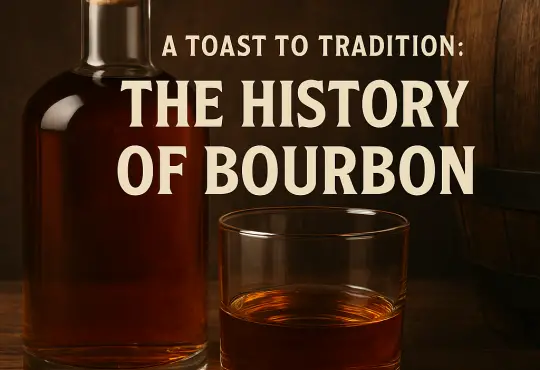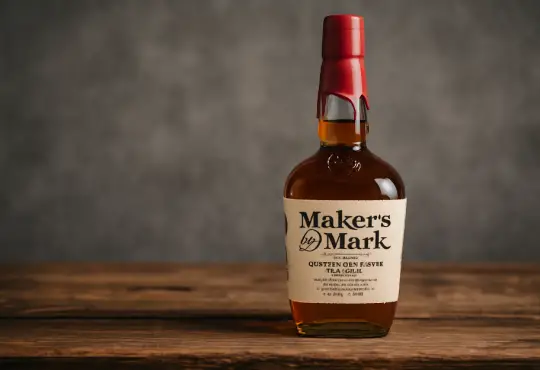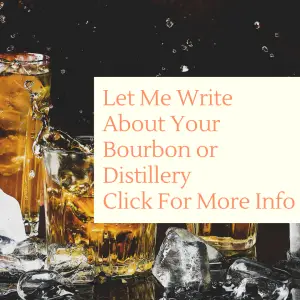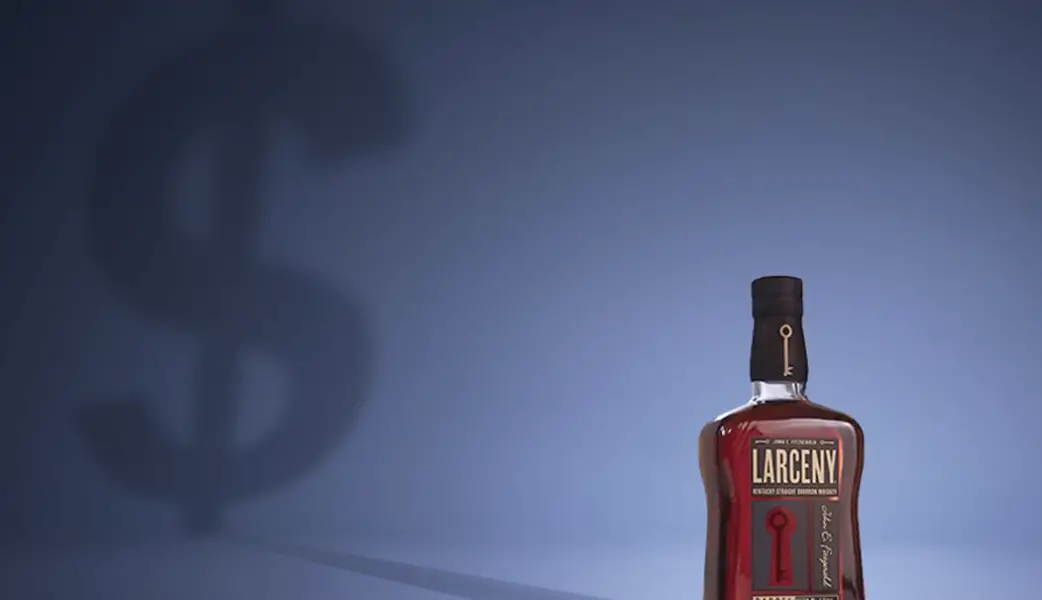
The Bourbon Secondary Market: Understanding the Risks and Potential Dangers
The bourbon secondary market has gained significant attention in recent years as collectors and enthusiasts seek out rare and limited-edition bottles. While the allure of acquiring coveted bourbons may be enticing, it is essential to understand the potential dangers and risks associated with participating in the secondary market. In this blog post, we will explore the various hazards and pitfalls that can arise when engaging in the bourbon secondary market.
- The Rise of Counterfeit Bottles:
One of the most significant risks in the bourbon secondary market is the presence of counterfeit bottles. With the increasing demand for rare and highly sought-after expressions, unscrupulous individuals may attempt to produce fake versions of these bottles. Counterfeit bottles not only deceive buyers but also undermine the authenticity and integrity of the bourbon industry as a whole. It can be challenging to distinguish genuine bottles from counterfeit ones, making it crucial to exercise caution when purchasing from unofficial sources.
- Skyrocketing Prices and Speculation:
The secondary market for bourbon has experienced skyrocketing prices and speculative behavior. Rare releases and limited-edition bottles can command exorbitant premiums, far exceeding their original retail prices. This inflationary trend creates an environment prone to price manipulation and speculative trading, where bottles are treated as investments rather than enjoyed as spirits. The high prices associated with the secondary market can make it challenging for whiskey enthusiasts to obtain certain bottles at reasonable prices, perpetuating the exclusivity of the market.
- Unregulated Transactions and Lack of Consumer Protection:
Unlike the primary market, where transactions occur through licensed retailers and are subject to certain regulations and consumer protections, the bourbon secondary market operates in a largely unregulated space. Purchasing bottles through unofficial channels or private sales exposes buyers to potential risks such as fraudulent sellers, undisclosed bottle conditions, and limited recourse in case of disputes. The absence of formal regulations and protections heightens the importance of due diligence and careful consideration before engaging in secondary market transactions.
- Unpredictable Bottle Conditions:
In the secondary market, the condition of bottles can vary greatly. Bottles may have been stored improperly, exposed to extreme temperatures, or subjected to improper handling. These factors can impact the quality, flavor, and value of the bourbon. Without reliable information about a bottle’s storage history, buyers run the risk of acquiring bottles that have suffered from deterioration or compromised integrity. Collectors should be cautious when purchasing bottles with unknown or questionable provenance.
- Emotional and Financial Vulnerability:
The thrill of acquiring rare and highly sought-after bourbons can evoke strong emotions and create a sense of urgency in buyers. This emotional vulnerability can lead to impulsive decision-making and overspending, as collectors become caught up in the pursuit of elusive bottles. It is crucial to set realistic expectations and exercise restraint to avoid falling victim to the hype and potential financial strains associated with the secondary market.
- Detrimental Effects on Accessibility and Enjoyment:
The bourbon secondary market’s focus on rare and limited-edition bottles can have negative consequences for accessibility and the overall enjoyment of the spirit. As certain bottles become increasingly scarce and expensive, they become unattainable for many enthusiasts who simply want to enjoy and appreciate the craftsmanship and flavors of bourbon. The secondary market’s emphasis on exclusivity may exclude passionate whiskey lovers who are unable to participate due to financial constraints or limited access.
Conclusion:
While the bourbon secondary market may offer the allure of acquiring rare and coveted bottles, it is important to understand the potential dangers and risks involved. From counterfeit bottles to exorbitant prices, unregulated transactions, unpredictable bottle conditions, and emotional vulnerability, engaging in the secondary market requires caution and informed decision-making. As bourbon enthusiasts, we must strike a balance between our passion for collecting and the responsible enjoyment of this cherished spirit.

